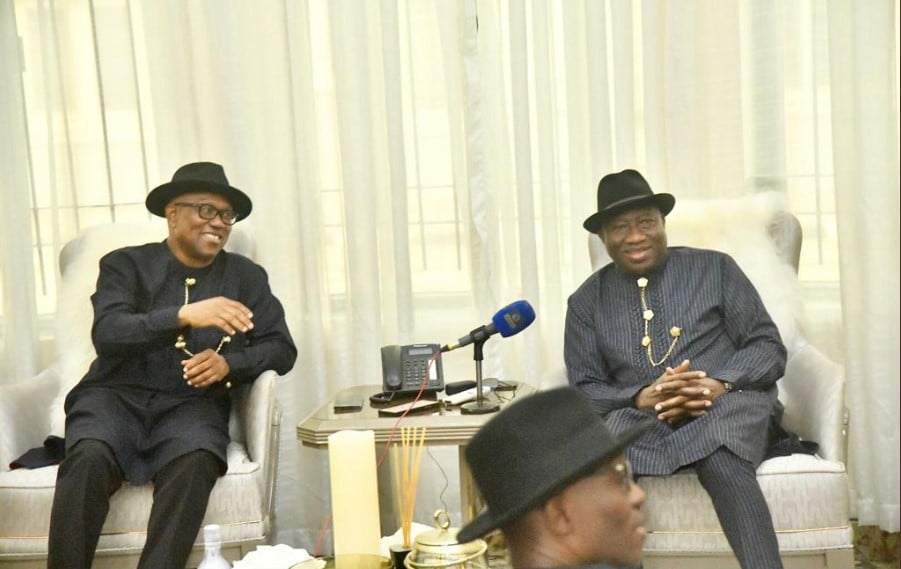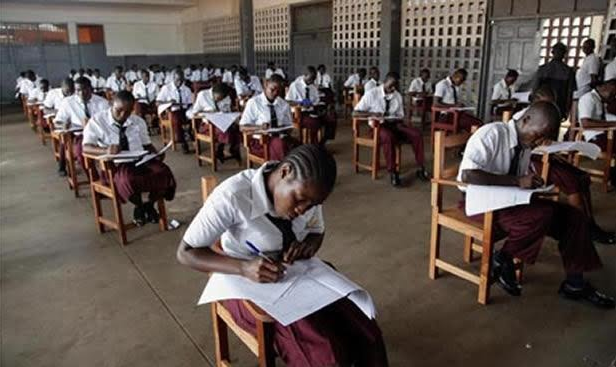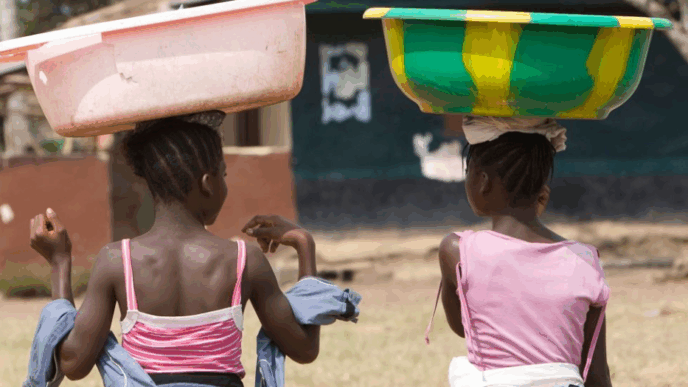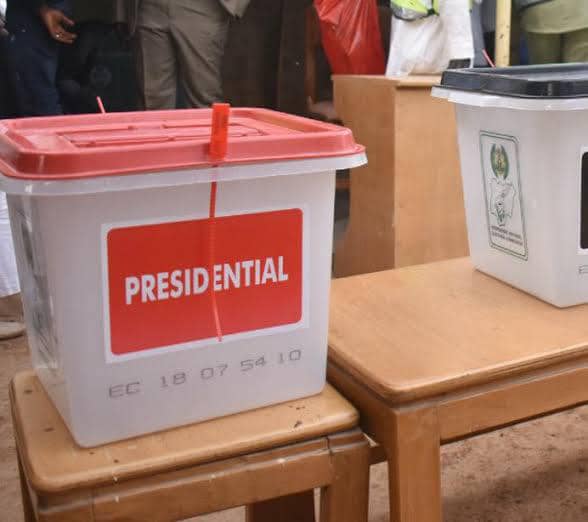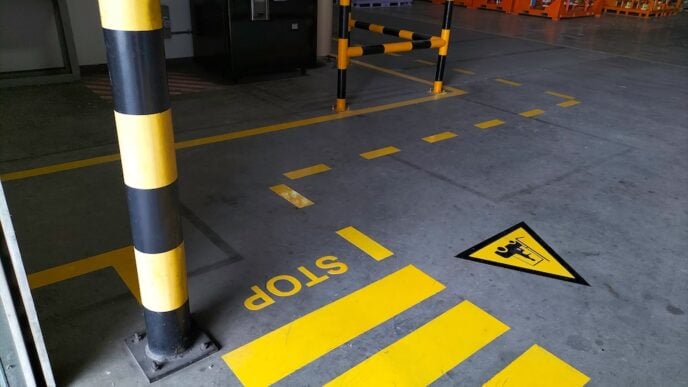BY SANI DANAUDI MOHAMMED
Atiku Abubakar’s presidential ambitions in 2027 appear strengthened with President Bola Ahmed Tinubu, Goodluck Jonathan, and Peter Obi potentially splitting the southern vote. As a prominent northern politician, Atiku’s presence in the race could give him an advantage, allowing him to consolidate northern votes while his southern opponents divide their region’s electoral support. This dynamic could significantly boost Atiku’s chances in the 2027 presidential election should President Tinubu, GEJ and Peter Obi run on separate tickets.
The Nigerian political landscape is alive with speculation as the 2027 general election draws closer. Three prominent figures who are expected to play significant roles in the elections are former President Goodluck Jonathan (GEJ), Peter Obi, and incumbent President Bola Tinubu. Notably, all three individuals hail from the southern part of Nigeria, a region that has been vocal about its desire to produce the next president in line with the zoning principle. With growing agitations that the south should complete its eight-year tenure after the late former President Muhammadu Buhari’s administration, the 2027 elections have taken on an added dimension.
The possible return of GEJ to the political scene has generated significant interest, with many Nigerians wondering how his presence would impact the electoral fortunes of other prominent politicians, including President Tinubu, who is reportedly seeking re-election. Meanwhile, Peter Obi, the 2023 Labour Party presidential candidate, continues to maintain a strong grassroots following, fueling speculation about his potential presidential ambitions in 2027. As these three influential figures navigate the complex web of Nigerian politics, one thing is certain: the 2027 elections are shaping up to be a highly competitive and unpredictable contest.
Advertisement
Goodluck Jonathan’s political career is a storied one. Before becoming president, he served as vice-president to the late President Umar Musa Yar’Adua, taking over as acting president after Yar’Adua’s health began to decline. Following Yar’Adua’s passing in 2010, Jonathan assumed the seat of power, serving as president from May 2010 to May 2015. Prior to his national roles, Jonathan held positions in Bayelsa state, serving as deputy governor and later governor.
One of the defining qualities of former President GEJ is his statesmanship. He has consistently demonstrated the ability to put the interests of the nation above personal ambition. His commitment to democratic principles is evident in his actions, which have often been guided by a sense of responsibility to the Nigerian people. Notably, his words have always been matched by his actions, showcasing a leader who is true to his convictions.
During his time as president, Nigeria experienced unprecedented economic growth, with millions of jobs created and the country emerging as an economic hub in Africa. His administration’s focus on infrastructure development, agriculture, and entrepreneurship helped to stimulate economic activity, improving the lives of many Nigerians. While his administration faced criticisms, particularly with regard to insecurity and the Boko Haram insurgency, his leadership style and commitment to democracy have been widely praised.
Advertisement
Perhaps one of the most significant demonstrations of GEJ’s commitment to democracy was his decision to concede defeat to the late President Buhari in the 2015 elections. This moment marked a significant turning point in Nigeria’s democratic journey, showcasing a peaceful transfer of power and cementing GEJ’s legacy as a hero of Nigerian democracy. Given his track record, it would not be surprising if he were to return to the political scene, as his contributions to Nigeria’s democratic development continue to be felt. His legacy as a champion of democracy will undoubtedly endure, and his potential return could have significant implications for the country’s future.
Peter Obi still maintains momentum, with the Obidient movement pushing for his potential presidency. Despite the Labour Party’s internal crises, Obi has extended his alliances to the newly formed coalition ADC. However, his ability to secure the ticket is uncertain, given the structures put in place by former Vice President Atiku Abubakar.
As a former governor of Anambra state and presidential candidate of the Labour Party, Obi faces challenges in building networks and winning the trust of core northern voters. Historically, Igbo candidates have struggled to penetrate the north since the demise of Alex Ekwueme. Nevertheless, Obi’s emergence has brought new hope, and his supporters believe he can overcome these challenges.
Rumours suggest that the opposition PDP is romancing Obi to return to the party, potentially to fly their flag, as hinted by Professor Jerry Gana. This comes as the PDP faces internal dilemmas with calls for former President GEJ to run. Meanwhile, some in Atiku’s camp propose an Atiku-Obi ticket to defeat President Tinubu. Obi’s future remains uncertain, with his options including the Labour Party, PDP, or ADC coalition.
Advertisement
President Tinubu enjoys the power of incumbency, which typically gives an incumbent an advantage in elections. However, he faces a potential political challenge from some prominent politicians in the north and south who are reportedly gangin’ up against him.
Despite these challenges, those around President Tinubu have assured him of his strong base in the north. As president, Tinubu will likely campaign on his scorecard, highlighting his achievements and progress during his tenure, in a bid to convince voters to support his re-election bid.
President Tinubu’s cabinet members and political appointees converged in Kaduna to showcase the President’s projects and achievements in the north, presenting his scorecard to the people. This strategic move aims to highlight Tinubu’s accomplishments and progress in the region, potentially boosting his popularity and electoral prospects in the north.
The APC may struggle to guarantee a northern victory in future elections without a figure like former President Muhammadu Buhari, who commanded around 12 million votes in the north. No current Nigerian politician seems to possess the same level of influence or appeal that Buhari had, particularly in the north, making it challenging for the APC to replicate his electoral success in the region.
Advertisement
The PDP is grappling with internal crises, including rumoured defections and public endorsements of other parties’ candidates, such as President Tinubu’s re-election bid. These challenges have sparked tensions within the party and raised questions about its cohesion and electoral prospects.
Similarly, the Labour Party and ADC are also navigating internal struggles. The Labour Party has faced issues with party loyalty and defections, while the ADC has reportedly attracted new alliances, including Peter Obi’s involvement and leadership denouncement by certain groups who claimed ownership of the ADC before the emergence of Senator David Mark-led NWC. These crises could impact the parties’ chances in future elections, particularly if they fail to resolve their internal conflicts and present a united front.
Advertisement
Atiku Abubakar’s decision to join the ADC could potentially boost the party’s chances, given his vast experience and influence in Nigerian politics. Having contested the presidency multiple times, Atiku has built a network of supporters and developed a deep understanding of the electoral process.
Atiku’s experience as Vice President and his repeated presidential bids have honed his leadership skills and given him insight into governance. If he leverages these strengths effectively, he may increase his chances of success with the ADC, particularly if the party can mobilise support behind him.
Advertisement
The opposition’s readiness to unseat President Tinubu is questionable, given the current dynamics. Both major players in the opposition seem driven by personal ambitions rather than a united vision. This lack of cohesion could hinder their chances of success.
Atiku Abubakar’s potential emergence as the ADC’s candidate could change the dynamics, especially if he leverages his experience and influence effectively. However, it remains to be seen whether he can galvanise support and build a strong campaign.
Advertisement
If President Tinubu, Goodluck Jonathan, and Peter Obi were to run on separate tickets, it could create an opportunity for Atiku. With the southern vote split among the three candidates, Atiku could potentially capitalise on this division and consolidate support from other regions.
The opposition’s chances of unseating President Tinubu are uncertain due to internal divisions and personal ambitions. Atiku’s potential ADC nomination and a split in the southern vote could increase his chances.
The 2027 elections will likely be shaped by the complex interplay of individual ambitions, party dynamics, and regional loyalties. A united opposition or a strategic alliance could potentially shift the balance in their favour.
Danaudi writes from Bauchi via [email protected]
Views expressed by contributors are strictly personal and not of TheCable.
